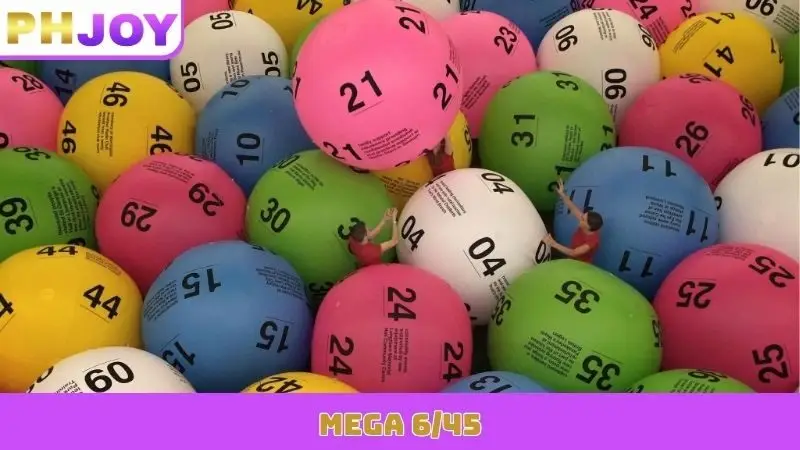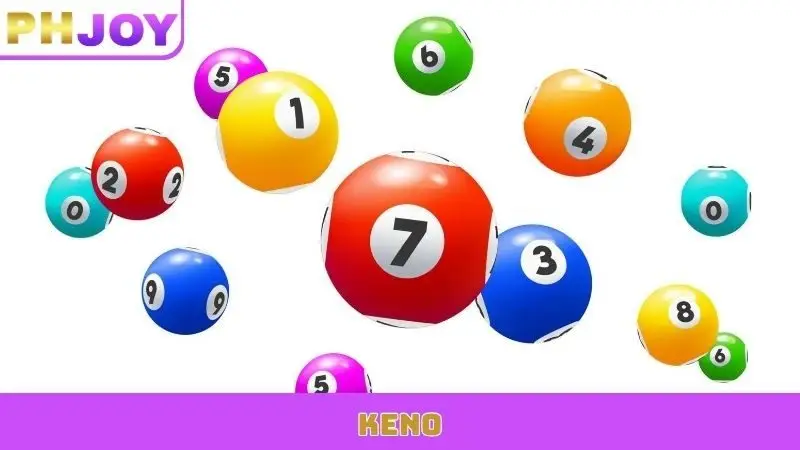Understanding the lottery – A guide by PHJOY
The lottery is one of the most popular and enduring forms of gaming, captivating millions with the dream of a life-changing win from a small stake. This guide, brought to you by PHJOY, is designed to provide a comprehensive overview of the lottery world for informational purposes. We will explore its history, the mechanics behind the draws, and the various types of games available globally.
The rich history of the lottery
The concept of the lottery is not a modern invention; its roots can be traced back thousands of years to ancient civilizations. Early forms were used by governments as a method to fund public projects, such as the Great Wall of China or infrastructure in the Roman Empire.
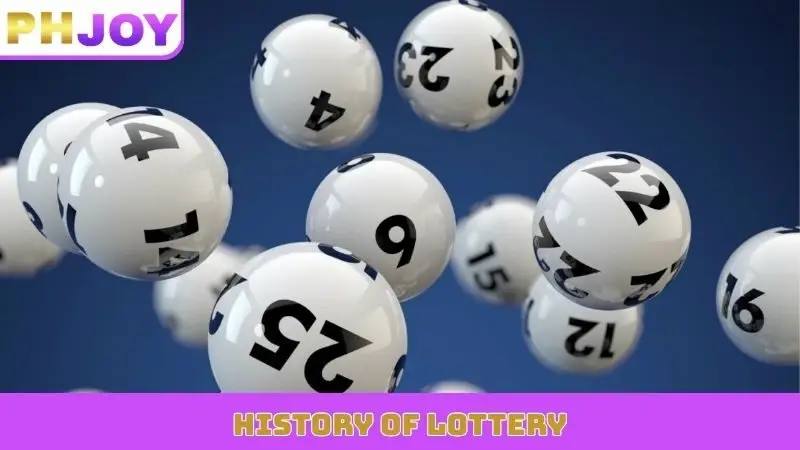
Over the centuries, it has evolved from a civic fundraising tool into the diverse and accessible form of entertainment we know today, with countless variations played in nearly every country around the world.
This model of public funding continued through Renaissance Europe, where lotteries were used to build town fortifications, help the poor, and finance various civic needs. The idea eventually traveled to the New World, playing a significant role in the founding of the United States.
Lotteries helped finance the Continental Army during the Revolutionary War and funded the establishment of prestigious universities like Harvard, Yale, and Princeton. This long history underscores the consistent role in both public development and popular entertainment.
How does a lottery work? The basic mechanics
At its core, a lottery is a game of chance. The fundamental principle involves participants purchasing tickets, each with a unique number or a set of numbers. At a predetermined time, a draw is held to select the winning numbers.
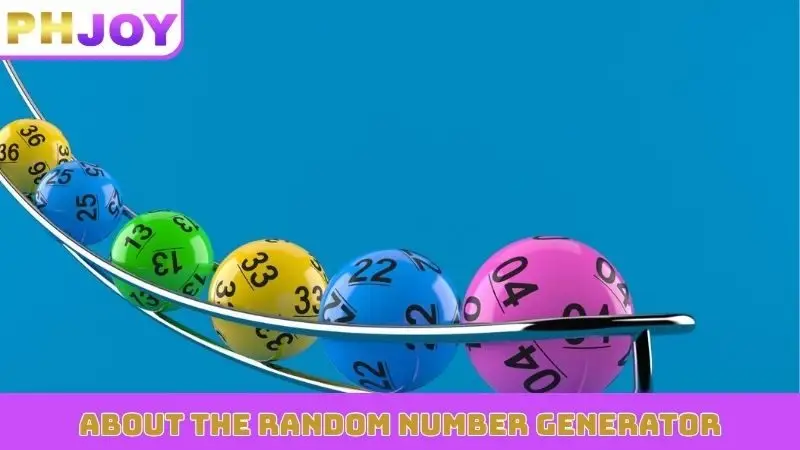
This draw can be conducted using a physical machine with numbered balls or through a certified Random Number Generator (RNG) for digital games. Players win prizes based on how many of their chosen numbers match the winning numbers drawn, with the grand prize, or jackpot, awarded for matching all of them.
The prize pool for a game is typically funded by the ticket sales. A percentage of the revenue is allocated to the prizes, while the remainder often goes towards the operator’s costs and charitable or public causes, as mandated by local regulations. If no one wins the jackpot in a particular draw, the prize money is often “rolled over” to the next draw, accumulating to create the massive, headline-grabbing jackpots that are a hallmark of major lotto games.
Exploring popular types of lottery games
The world of the lottery is incredibly diverse, with numerous formats designed to offer different experiences, prize structures, and odds. Understanding these variations can help you appreciate the breadth of this popular game of chance.

To help distinguish between them, here is a summary of the most common types of games found worldwide.
| Type | How It Works | Key Feature |
| Lotto | Players select a set of numbers (e.g., 6 from 49) from a large pool. A draw determines the winning numbers. | Huge, often life-changing, progressive jackpots. |
| Keno | Players choose up to 10-20 numbers from a pool (usually 80). 20 numbers are then drawn randomly. | Fast-paced draws, often happening every few minutes, with prizes for matching even a few numbers. |
| Instant Win | Also known as scratch cards, players scratch a physical or digital card to reveal if they have won a prize instantly. | Immediate results and gratification. No waiting for a draw. |
| Daily Numbers | Players typically pick a 3 or 4-digit number. Winning numbers are drawn daily. | Offers better odds of winning than lotto, with smaller but much more frequent prize payouts. |
The psychology of playing the lottery
The enduring appeal of the lottery can be attributed to several psychological factors. The primary driver is the dream of winning a life-altering sum of money for a very small investment, a concept often referred to as “the jackpot dream.”
It offers a moment of hope and excitement, allowing people to imagine a future free from financial worries. For many, purchasing a ticket is a form of low-cost entertainment, providing more value in the thrill of anticipation than in the actual expectation of winning. It is this element of fun and possibility that has made it a global phenomenon.
A closer look at odds and probability
Every game is governed by the laws of probability. The odds of winning a prize depend on several factors, primarily the total number of possible combinations. For example, in a lotto game where you pick 6 numbers from a pool of 49, there are nearly 14 million possible combinations.
This is why the odds of winning the jackpot are long, making the win a truly remarkable event. While smaller prizes for matching fewer numbers have much better odds, it is important to remember that every ticket has the same random chance of winning.
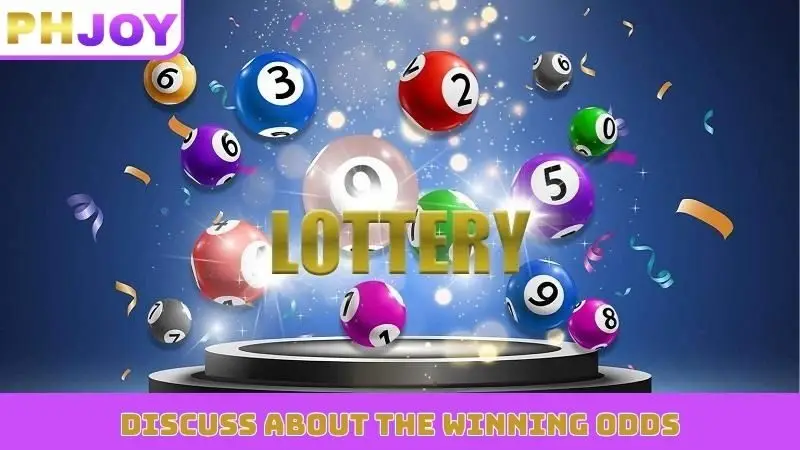
Responsible gaming and the lottery
While the lottery is a fun and exciting form of entertainment, it is essential to approach it with a responsible mindset. It should always be viewed as a leisure activity, not a financial strategy or a way to earn an income.
Players should only spend what they can comfortably afford to lose and should never chase losses. Setting personal limits on time and money spent is a key part of ensuring that the game remains an enjoyable and harmless pastime.
Conclusion
The lottery is a fascinating game with a rich history and a diverse range of formats that have entertained people for centuries. From the massive jackpots of lotto to the instant gratification of scratch cards, it offers a unique blend of hope, excitement, and the allure of possibility. By understanding how different games work and the principles of chance that govern them, players can better appreciate it as a form of entertainment
Mega 6/45 Rules and Strategy | In-Depth PHJOY Analysis
Mega 6/45 stands as one of the most prominent lottery games, famous for its massive, [...]
Oct
The PHJOY expert analysis of Keno – Rules and smart strategy
Keno is a fast-paced, ancient game of chance that has successfully transitioned into the modern [...]
Oct

